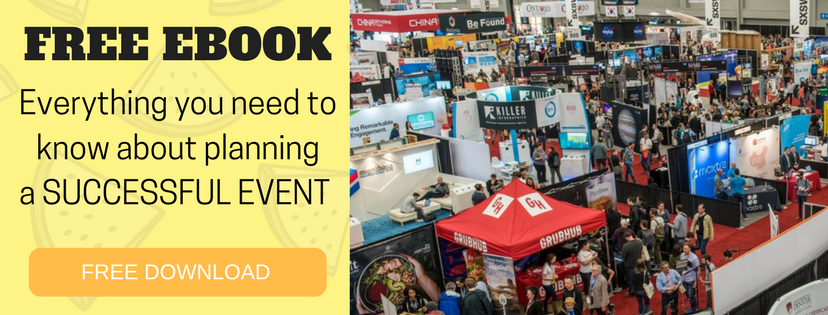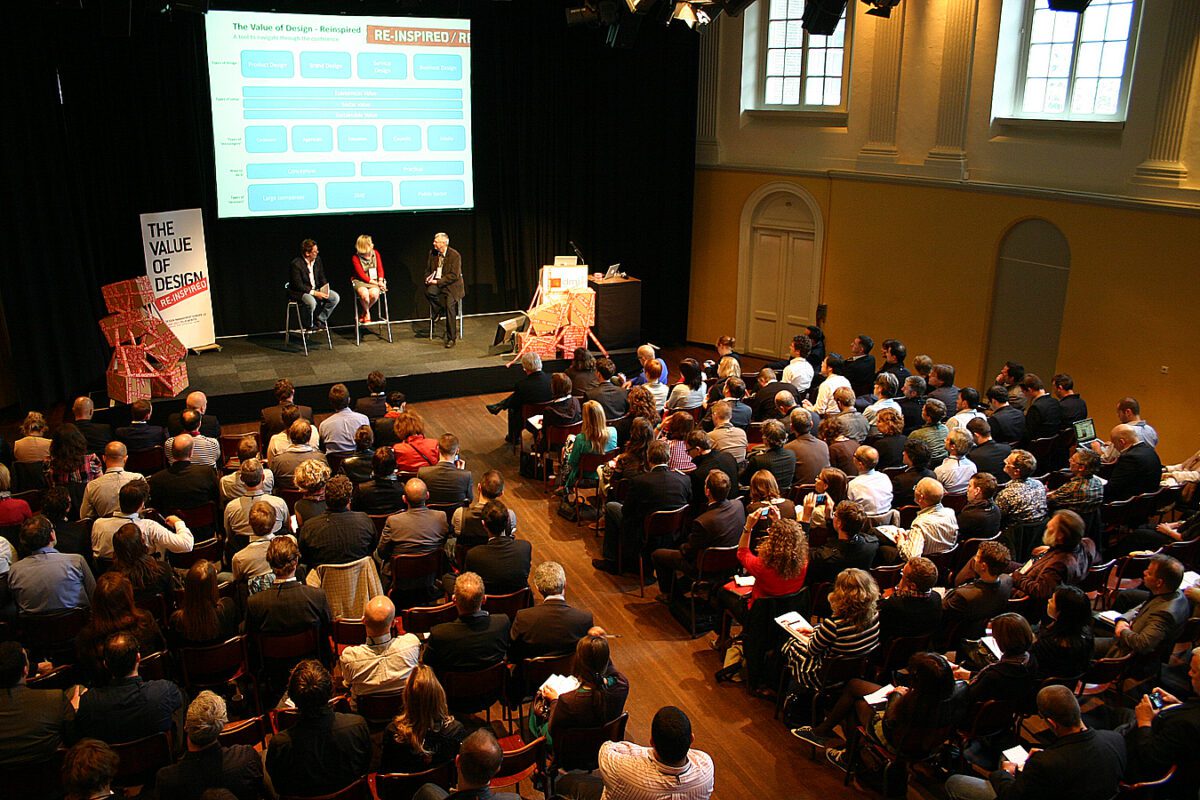The potential economic effect of Artificial Intelligence is estimated to be $1.4-2.95 Trillion. The implications of this economic momentum would be the role it plays in revolutionizing industries. The degree of influence that AI has over events might not be as profound as other industries yet, but it has already begun its reign over events and conferences.
Events are using AI to improve attendee experiences, and increase the efficiency of event teams. Let’s explore the ways events have begun harnessing AI, and its possible applications in the future.
Engineering a personalized event experience
Events bring in tens of thousands of people together, and each attendee has different expectations from an event. Companies can drastically improve the event experience of their attendees by personalizing the experience, according to the attendee profiles.
An AI algorithm will trawl your attendees’ LinkedIn profile, and suggest the most relevant experiences from the event. Depending on parameters such as years of experience, job profile and location, you can direct attendees to event programmes that they would be interested in, or might have missed otherwise. Depending on the level of interest that attendees show for the suggestions, and the success of these recommendations, the algorithm will learn and improve to show better recommendations in the future.
Attendee behaviour prediction to curate event experiences
Companies can use all the attendee data they have collected to predict how attendees would behave or react at events.
For companies, having data-backed insights into the experiences, booths, tracks and sessions that click with their attendees means that they can drive the actions that they want their attendees to take. It helps cut back on elements that are not working, and will help them focus on conversion-centric event experiences, that adds to their bottom-line.
AI is ushering in a completely data-driven future, where every decision made is backed by data that supports the logic for the decision. Companies are poised to use their data to dictate everything from session duration, booth design, and the type of information and marketing collaterals that sales and marketing can use, that are most likely to convert into paying customers.
Dissolving traditional interfaces
One of the most exciting developments in AI is how it’s turning the traditional, haptic interface on its head.
Gartner has predicted that by 2020, 85% of customer interactions with a company will be managed without human intervention. According to the Gartner Customer 360 report, digital assistants would be capable of recognizing customers by voice and face alone, by the end of 2018. This means that traditional interfaces that companies use to communicate with their customers are on their way out.
Chatbots are currently being used by 48% of companies to manage their customer interactions, and 80% of respondents said they plan to integrate chatbots by 2020. And chatbots will continue to evolve, and give way to voice-and-image driven interfaces, that make for more natural-feeling interactions with the company, blurring lines of machine-human interaction. This will decrease a company’s reliance on manpower, increase their efficiency, and deliver better outcomes to their customers.
Customer touchpoints at events such as attendee registration, capturing lead data, and product demos could be taken over by AI soon enough.
Optimizing Event RoI

Event RoI is a small subset of the problems that AI can solve for events, but it’ll be a very crucial one. Different companies use different metrics to measure event RoI, and AI can trawl a lot of data to come up with a standardized method to measure event RoI. It’ll analyze amount spent on meeting rooms, booth rentals, and other event costs, and will measure them against the sales pipeline built at the events.
A dashboard built exclusively for measuring event ROI can pull data from your meetings management software, your CRM and your badge scanning platform to pool it together and see its impact on your sales pipeline.
It will offer insights on how to increase RoI for future events, based on the analysis of available data. It would also suggest the parameters that impact your event RoI the most, and tell you what areas to focus on to improve your event RoI.
The Future of Events
Artificial Intelligence is being used in Concierge Apps for events, and in deep learning applications to analyse event data, to achieve better outcomes. The applications that we’ve explored are based on current industry trends. But this is all just the beginning, and it would be interesting to observe how this develops. The future of events and event tech might not be completely taken over by AI, but we are certain that AI will subsume a large part of the workload, and play a larger part in decision-making. We are really excited to see how this plays out.
If you are looking for a complete guide to planning successful B2B events, check out our free ebook:





